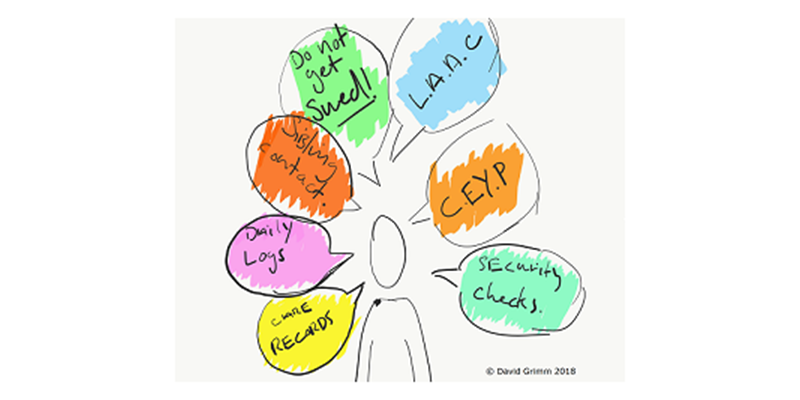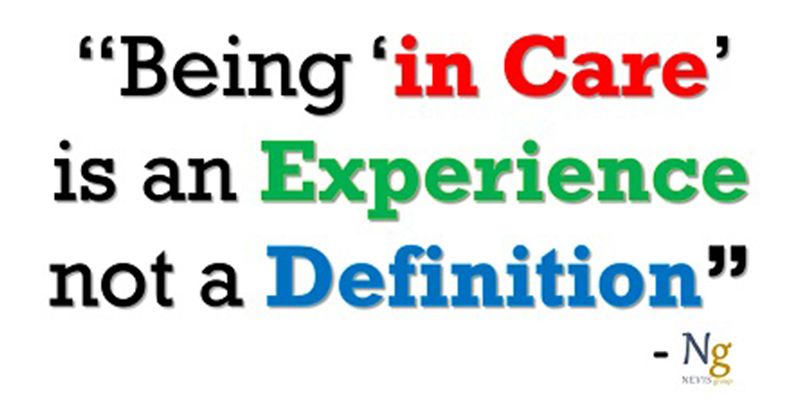CELCIS Blog
Our blog is a hub for perspectives and analysis of issues that matter to the lives of children, young people and their families. You will hear from our staff and guest bloggers on many topical issues where they will be reflecting and sharing their policy, practice and research insights..
Got a burning issue you would like to blog about? Then we would love to hear from you. Contact our communications team.
Read on and join in the chat...

We can all learn about how young people can thrive in employment
Tommy McDade from Barnardo's Scotland talks about a programme that is supporting young people into the world of work for the first time.

I couldn't bring myself to write the acronym 'LAC'
Continuing the theme of Graham's first blog post on language and labelling, giving examples of when this is unhelpful.

Labels are for clothes not people
Introducing issue 12 of REACH, which explores stigma, language, perception and the representation of care and care experience.

Change the language of poverty
Chris Small from Children in Scotland explains how and why tackling stigma on poverty led to a new campaign for action to improve children's lives

Implications of the Children (Equal Protection from Assault) (Scotland) Bill
Dr Louise Hill considers the implications of the Children (Equal Protection from Assault) (Scotland) Bill and how similar measures have impacted on support…

University can be a tricky place if you have been in care
This blog post explores the findings of a recent briefing from CELCIS about going to university from care.

Information is power
Laura Conachan explains how the Children's Hearing System can be improved by seeing the bigger picture.

The mistrusting brain and blocked care
Evidence suggests that DDP (attachment-focused family therapy) is effective in helping recovery from developmental trauma. Here's how.

An air of calm
Mark Brotherton, Educational Psychologist, explains how strong relationships between carers and psychologists have been nurtured.

Agents of change
Jo Derrick at Foster Care Associates explans how additional support for foster carers at the early stages of placement helps to improve outcomes.


